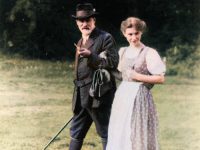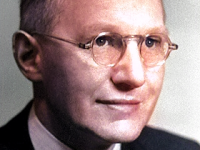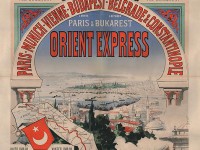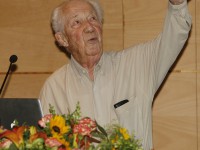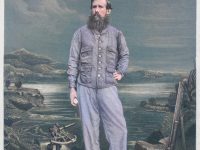Lucas Cranach the Elder – the “fastest Painter”
On October 16, 1553, German Renaissance painter and printmaker in woodcut and engraving Lucas Cranach the Elder passed away. Cranach is known for his portraits, both of German princes and those of the leaders of the Protestant Reformation, whose cause he embraced with enthusiasm, becoming a close friend of Martin Luther. Lucas Cranach the Elder has been considered the most successful German artist of his time. Youth and Apprenticeship Lucas Cranach was born…
Read more



